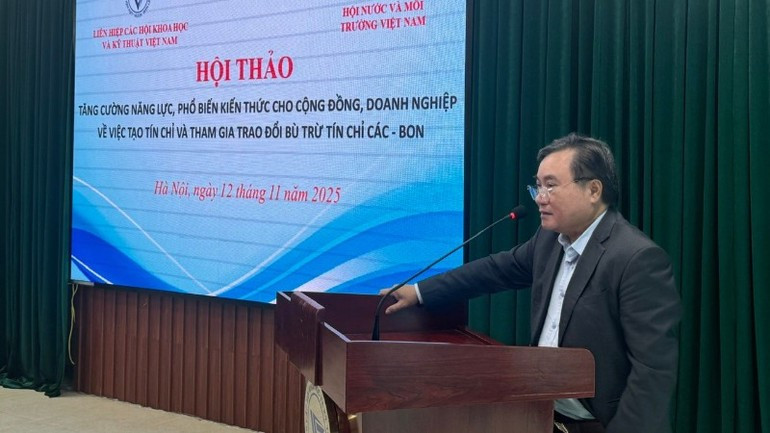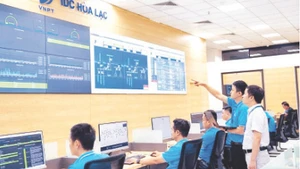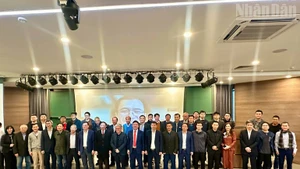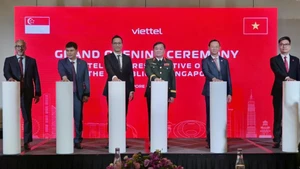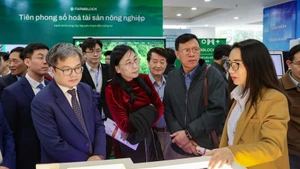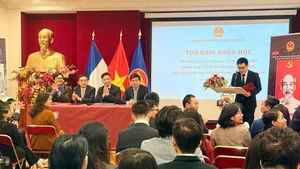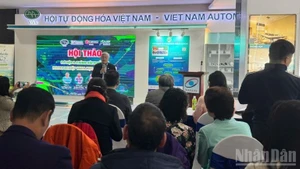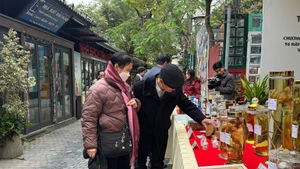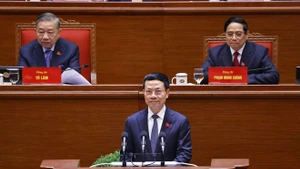In his opening address, Dr Pham Quang Thao, Vice President of VUSTA, underscored the urgency of climate change as one of the gravest challenges of the 21st century. He reaffirmed Viet Nam’s commitment, made at the COP26 Conference, to achieving net zero emissions by 2050—a pledge that reflects the nation’s resolve to join global efforts in combating climate change.
The seminar aimed to enhance the legal framework and operational mechanisms underpinning the carbon market, while clarifying its economic, social, and environmental benefits. These efforts are seen as foundational steps towards the establishment and effective functioning of Viet Nam’s domestic carbon market.
The event also sought to equip communities and enterprises with accurate, comprehensive information about carbon credit trading, with the goal of fostering a transparent, equitable, and internationally integrated marketplace.
VWEA Standing Vice President Pham Thi Xuan highlighted the strategic importance of developing a national carbon market as a key economic instrument to incentivise businesses to adopt greener, more sustainable production models. She noted that Viet Nam is in the process of finalising mechanisms for carbon credit exchange and offsetting, tailored to domestic conditions yet aligned with international standards.
To unlock the full potential of carbon trading, she emphasised the need to complete policy frameworks, strengthen monitoring capabilities, and expand international cooperation. These measures, she said, are vital for Viet Nam’s deeper integration into the global carbon market while upholding its net zero commitment.
Participants were briefed on the scientific and practical aspects of carbon credit systems and engaged in discussions on the opportunities, challenges, and preparatory steps required for effective business participation in the emerging market.
